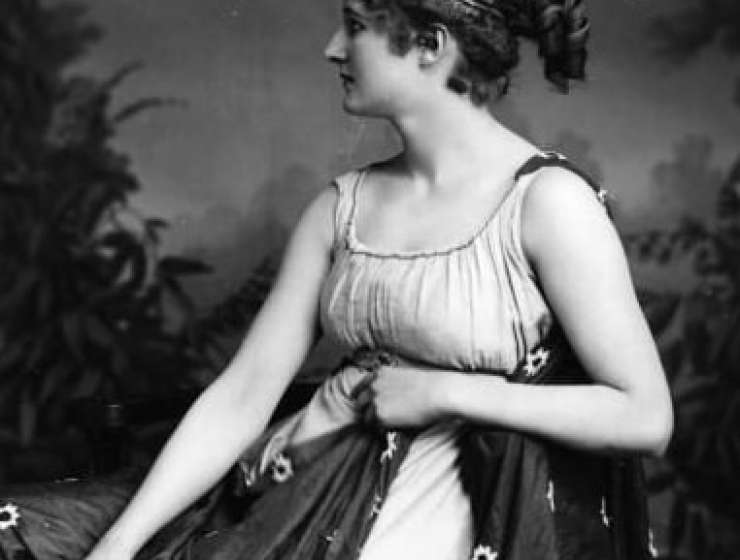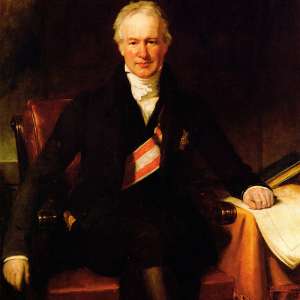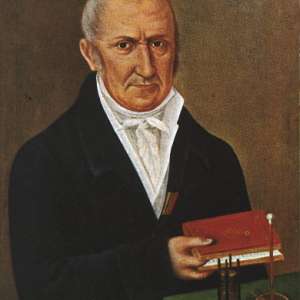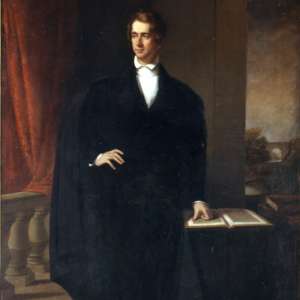Hypatia, the much loved pagan philosopher of Alexandria, Egypt, has long been acknowledged as the symbol of the passing of the old ways and the triumph of the new. Hypatia (370-415 CE) was the daughter of Theon, the last professor of the Alexandrian University (associated closely with the famous Library of Alexandria). Theon was a brilliant mathematician who closely copied Euclid's Elements and the works of Ptolemy and, in the language of our day, home-schooled his daughter in mathematics and philosophy (Deakin in Science/Ockham). Hypatia helped her father in writing commentaries on these works and, in time, wrote her own works and lectured extensively, becoming a woman of note in a culture dominated by male writers and thinkers.
Alexandria, Egypt, had long been (since its founding by Alexander the Great) a seat of learning and a place of pilgrimage for philosophers and thinkers from all over the known world. The great Library, housing over 20,000 scrolls and books, was a major attraction for intellectuals, most of whom had money. Alexandria, therefore, was a prosperous pagan city in the year 415 CE but, for the past 15 of those years, had increasingly become a divided city with Jews fighting in the streets with the new religion of Christianity and Pagans and Christians drawing their own battle lines.











































